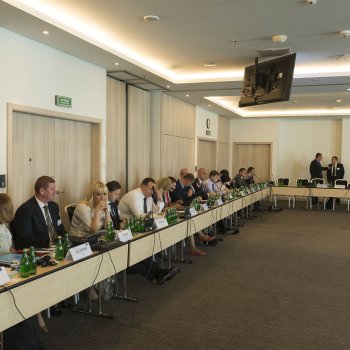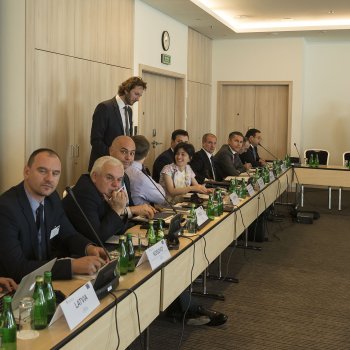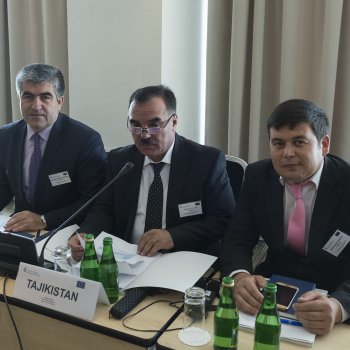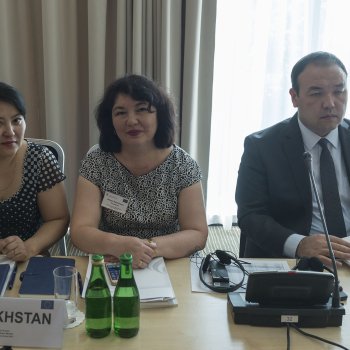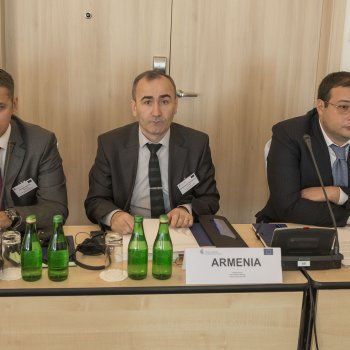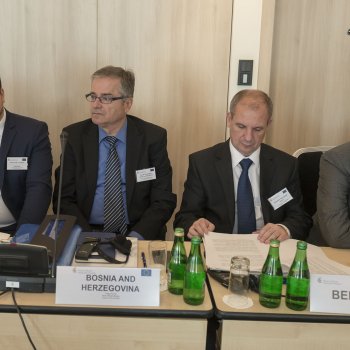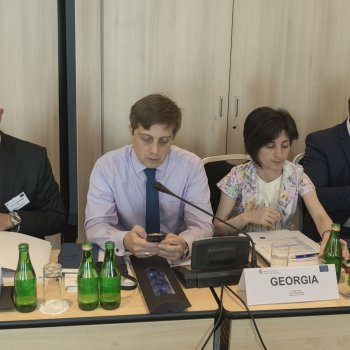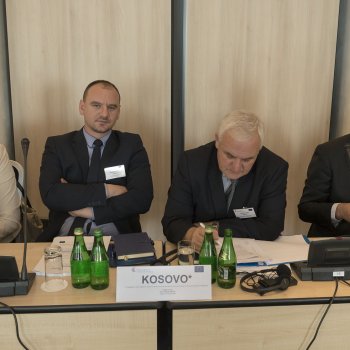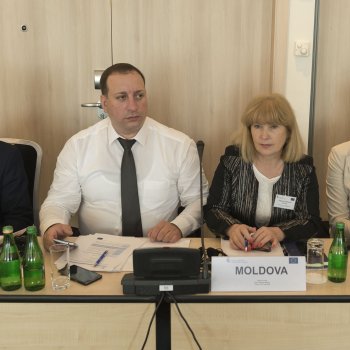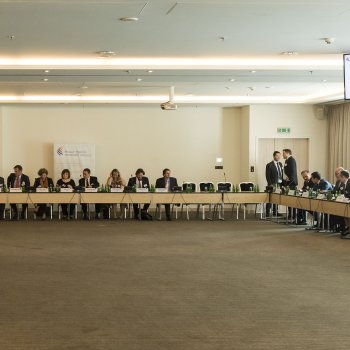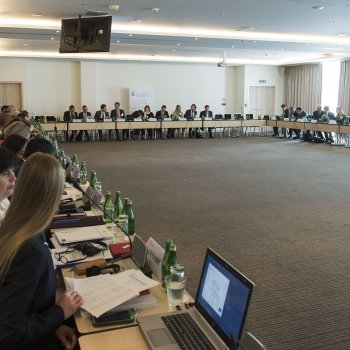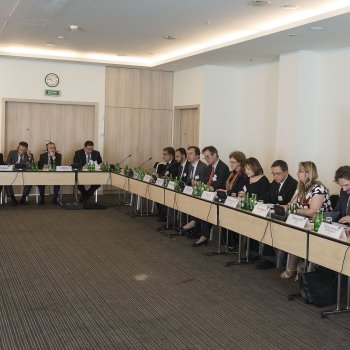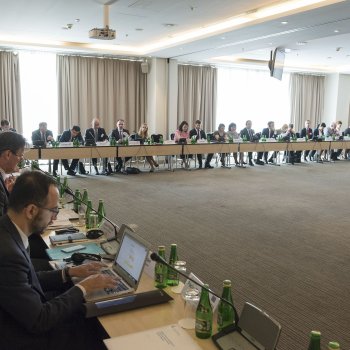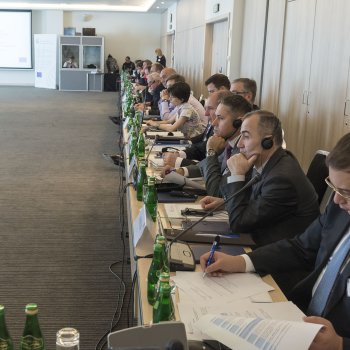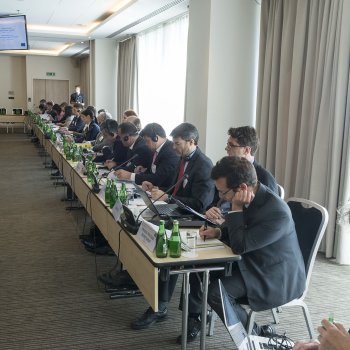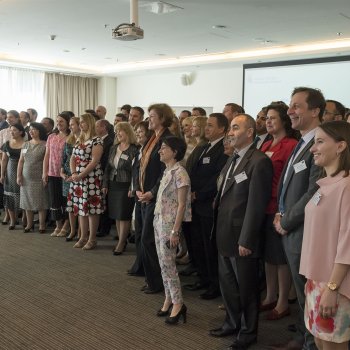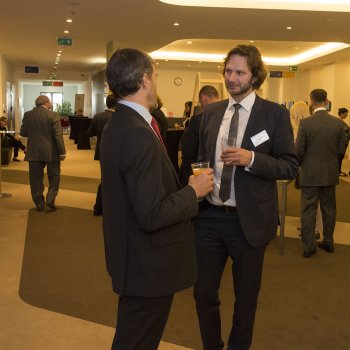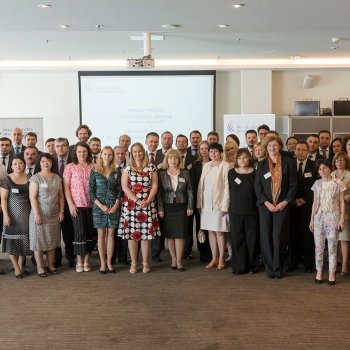The Senior Officials’ Meeting gathered 62 participants from 29 states, as well as the European Commission, the Council of the EU, Frontex, UNHCR and ICMPD. The Meeting served the discussion of the past achievements, of the possible future activities and the preparations of the upcoming 3rd Ministerial Conference “Addressing Challenges Together”, taking place in Bratislava on 19-20 September 2016. At this occasion, Ministers are expected to endorse the Joint Declaration, which shall constitute a clear basis for future endeavours in the period 2017-2021. The SOM also provided the attending states with an opportunity to express their national priorities and the scope of their future commitment and support to the PP. The joint ownership of the Process is important and should be further sustained through a strong political message in the form of the Joint Ministerial Declaration, the content of which was extensively discussed in Cracow.
The SOM participants agreed that the implementation of the Prague Process (PP) Action Plan 2012-2016 has so far proven successful. The PP has been a key process to the East and a good example of successful international cooperation, marked by the mutual willingness to cooperate and the successful elaboration of joint products. In the future, the good use of these products shall be ensured in the framework of a so called “Training and Analytical Centre” (TAC), which shall be composed of the PP Training Academy and the Migration Observatory – an improved version of the current Knowledge Base. The introduction of these new components is perceived as a logical next step within the Process, adjusting the project structure to the current needs of participating states. The updated TAC concept was warmly welcomed without raising objections.
The PP is one of five Processes mentioned in the EU’s ‘Agenda for Migration’, which follows a two-track approach, focusing on both the short- and long-term migration developments, including through very concrete actions and legislative proposals. The PP contains a unique mix of countries and aims to increase the migration and asylum capacities of the states involved and bring their migration policies and practices closer together. While the various regions constituting the PP are currently not perceived as overly problematic in terms of migration, this situation might swiftly change. Therefore, it is important to secure the sustainability of the Process and the results achieved, while also agreeing on clear future priorities. The networks established over the past five years should serve as the basis for future partnerships.




